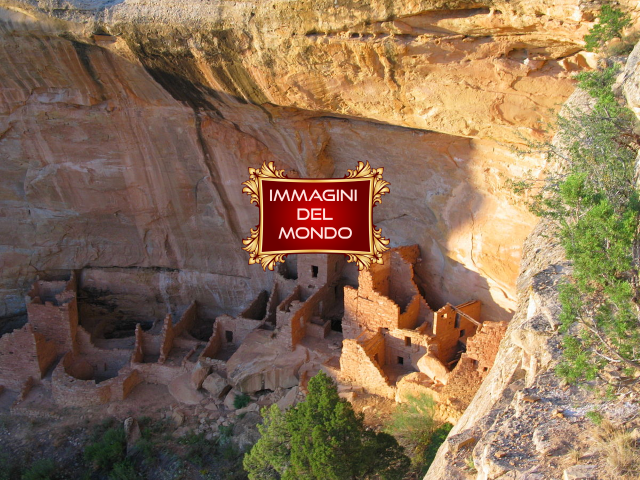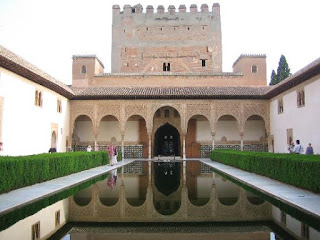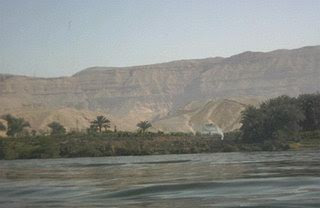Testimonianze ambientali: episodi vissuti, testamenti spirituali, considerazioni e posizioni anticonformiste.
 Anche se crediamo che spesso le azioni valgano più delle parole, diamo valore al potere delle testimonianze, in particolare quelle ambientali, ricche di vita vissuta e interessanti riflessioni, destinate ad accrescere la consapevolezza di tutti.
Anche se crediamo che spesso le azioni valgano più delle parole, diamo valore al potere delle testimonianze, in particolare quelle ambientali, ricche di vita vissuta e interessanti riflessioni, destinate ad accrescere la consapevolezza di tutti. Le testimonianze raccolgono appunto episodi vissuti, testamenti spirituali, considerazioni, posizioni anticonformiste. Colleghi, attivisti e amici mettono a disposizione le loro voci ed esperienze a sostegno del nostro caparbio e incessante lavoro per la tutela degli spazi naturali liberi e selvaggi.
“It’s hot!” As I slog my way up another step, sunscreen drips down my forehead and stings my eyes. I’m battling my skins, which keep sliding backwards as I focus on staying upright. The snow beneath my skis is slicker by the minute. The sun and the snow fuse in radiating heat waves.
When I began considering dam removal, the Elwha River quickly emerged at the top of my list. The river flows through the heart of Olympic National Park. It once hosted the most prolific salmon runs in the Northwest. And the tiny amount of electricity from the dams could easily be replaced from other sources.
Within minutes of the Edwards Dam removal in 1999, Nate Gray, a Maine Department of Marine Resources scientist, could see fish trying to get through the breach. They were shad, now able to travel up the Kennebec River for the first time in 162 years.
Thomas O’Keefe, American Whitewater’s Pacific Northwest stewardship director, stood on the banks of the White Salmon River in Washington State. The scheduled explosion was running late. As Tom looked downstream, he could see what was left of the river after 100 years – shallow pools of water starved of sediment for the past century.
Rebecca Miles and her family grew up harvesting their own food in North Central Idaho. They weren’t back-to-the-landers or urban DIYers. They were members of the Nez Perce tribe, where self-reliance and stewardship have been passed down for generations.
Matilija Coalition founder Paul Jenkin’s quest to tear down a dam began not on a river, but on the beach at Surfer’s Point in Ventura, California, where ocean waves threatened to devour a new bike path, and talk of building a half-mile seawall to protect it was growing louder.
The Patagonia Provisions Salmon Project is our effort to change the fishing industry, the same way we’ve changed how we make our clothes. Our goal is to create a new model that demonstrates how selectively harvesting salmon is not only possible, but good business, and can help protect the future of wild salmon.
While we believe that actions usually speak louder than words, we also value the power of story telling and the clarity and intimacy that good environmental writing can bring to our community. Our environmental feature stories are such testaments, reflections, rants and raves. Colleagues, activists and friends are here, lending their voices to our stubborn and ongoing work for wilderness preservation.
Another of the world’s rivers is being laid on the slab, an enormous turquoise wanderer flowing out of the Southern Andes. The largest river in Chile, the Rio Baker is undammed from source to sea. For the moment.

Ricerca personalizzata












Commenti
Posta un commento